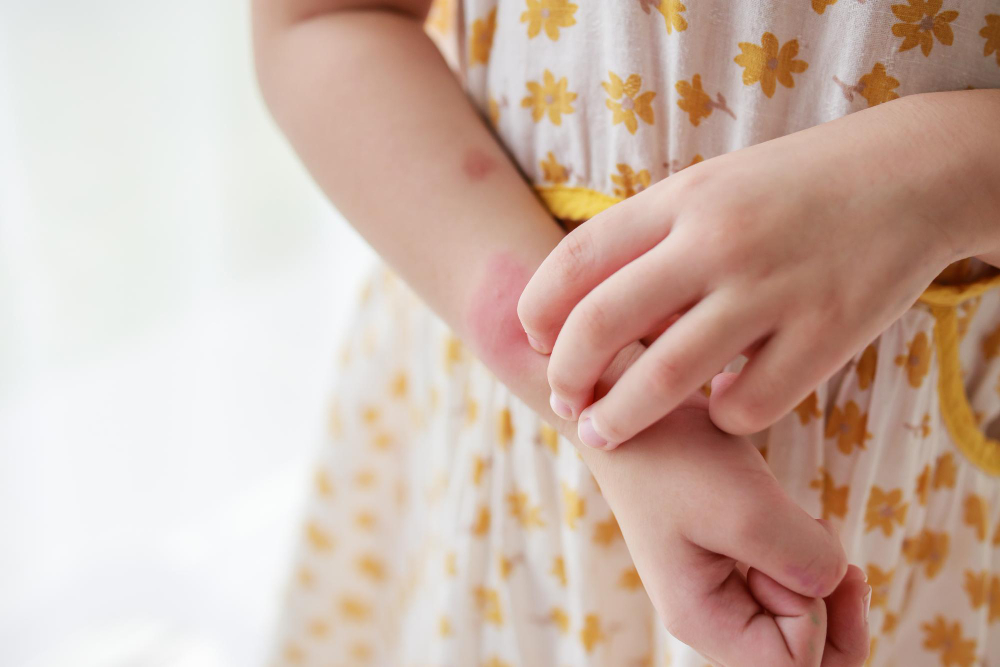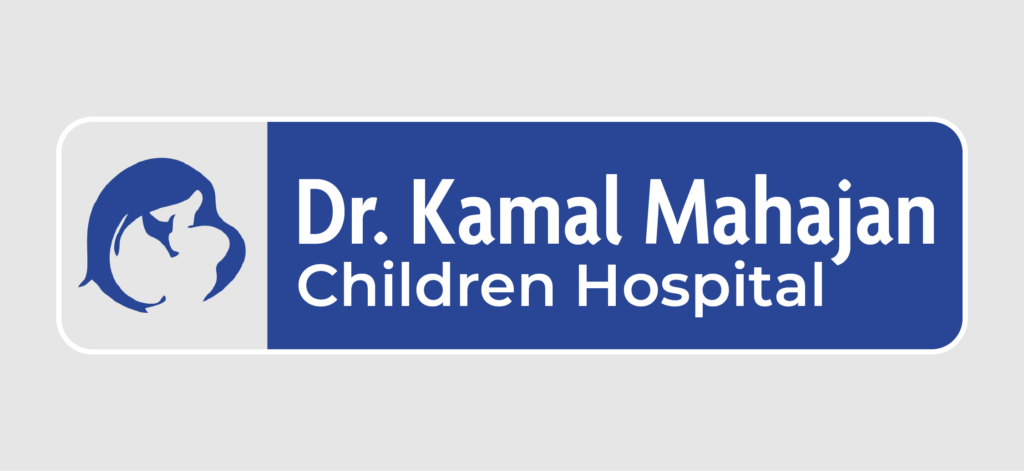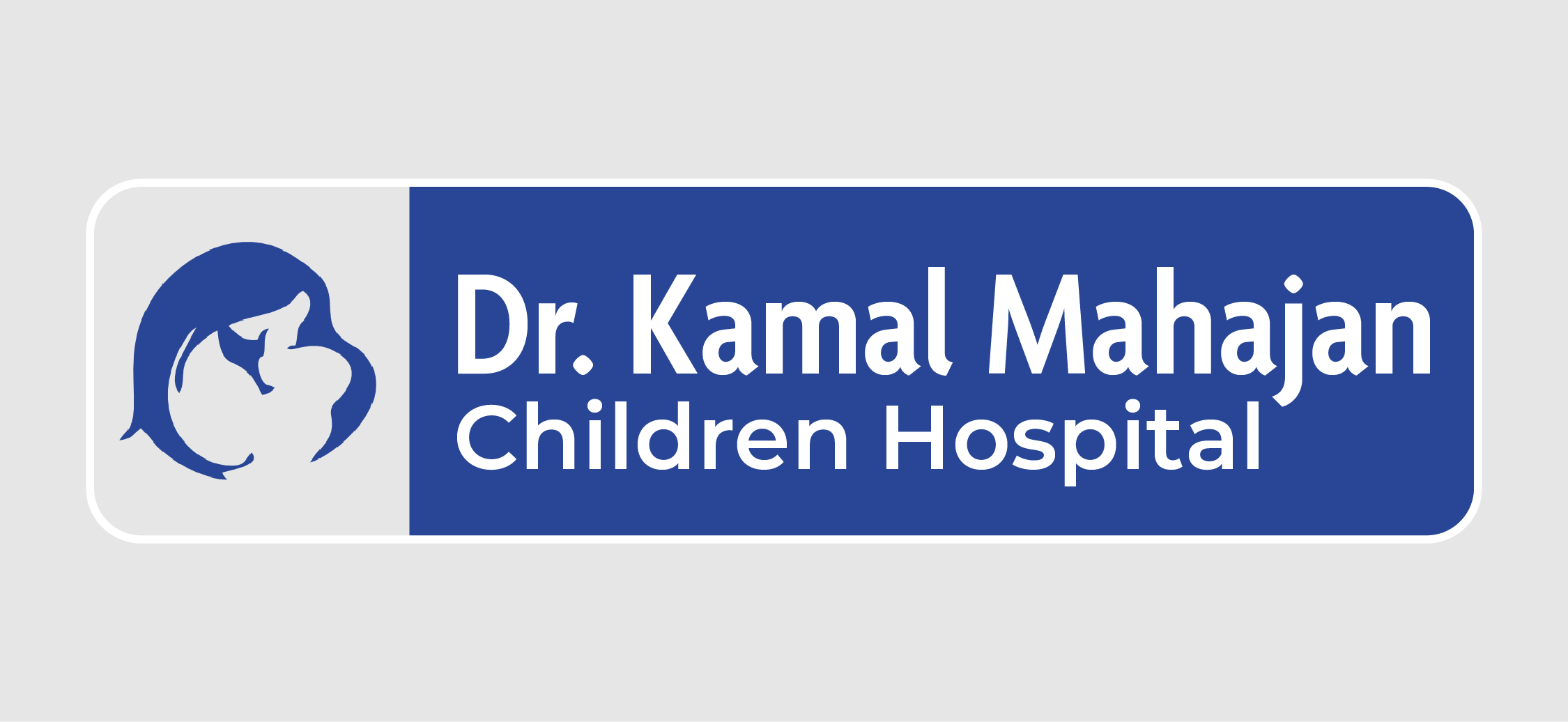Allergy

Allergies are a prevalent and often persistent condition that can significantly impact a child’s daily life. Our team of pediatric allergists and immunologists is dedicated to delivering personalized care aimed at helping children effectively cope with their allergies and alleviate symptoms to enhance their quality of life.
Diagnosis: Accurate diagnosis forms the cornerstone of effective allergy management in children. Our seasoned pediatric allergists employ a blend of medical history evaluations, physical examinations, and allergy testing methods to pinpoint allergens triggering allergic rhinitis and other allergic manifestations. Allergy testing procedures may encompass skin prick tests, blood tests to detect specific IgE antibodies, and allergen challenges to ascertain the root causes of allergic responses.
Management: Once allergies are identified, our team devises individualized management plans customized to address each child’s specific allergens and symptoms. Treatment strategies for allergic rhinitis and other allergies may include:
- Allergen Avoidance: We offer guidance on strategies to minimize exposure to allergens, aiding children in mitigating triggers exacerbating allergic symptoms. This may involve recommendations to reduce exposure to indoor allergens like dust mites, pet dander, and mold, as well as outdoor allergens such as pollen and grass.
- Medications: Our pediatric allergists may prescribe medications to alleviate allergic symptoms and enhance overall well-being. This could entail antihistamines, nasal corticosteroids, decongestants, and other allergy medications to alleviate nasal congestion, sneezing, itching, and other symptoms associated with allergic rhinitis.
- Immunotherapy: In cases of severe or persistent allergies, immunotherapy may be suggested to desensitize the immune system and diminish allergic reactions progressively. We provide options such as subcutaneous immunotherapy (allergy shots) and sublingual immunotherapy (allergy drops) as effective treatment modalities for children grappling with allergic rhinitis and other allergic conditions.
- Nasal Irrigation: Nasal irrigation using saline solutions can benefit children with allergic rhinitis by flushing out allergens and reducing nasal congestion and irritation. We offer guidance on proper nasal irrigation techniques and may recommend saline nasal sprays or nasal irrigation devices as part of allergy management strategies.
- Allergy Action Plans: Collaborating closely with families, we develop comprehensive allergy action plans delineating steps to manage allergic symptoms, identify triggers, and administer medications or treatments as necessary. These plans empower children and their caregivers to take proactive measures to avert allergic reactions and respond adeptly during emergency situations.
Follow-Up and Support: Our hospital underscores the importance of regular follow-up appointments and continual support for children with allergies. We conduct periodic monitoring of allergy symptoms, medication efficacy, and allergy test results to ensure optimal management and control of allergic rhinitis and other allergic conditions. Our team remains accessible to address any concerns, provide answers to queries, and adapt treatment plans as warranted to meet each child’s evolving needs.
Education and Prevention: Beyond treatment and management, Dr. Kamal Mahajan Children’s Hospital is deeply committed to educating children and their families about allergies, allergen avoidance, and preventive measures to mitigate allergic reactions. We offer educational materials, workshops, and support groups to assist families in navigating the challenges associated with living with allergies, empowering children to assume control of their allergic health.



